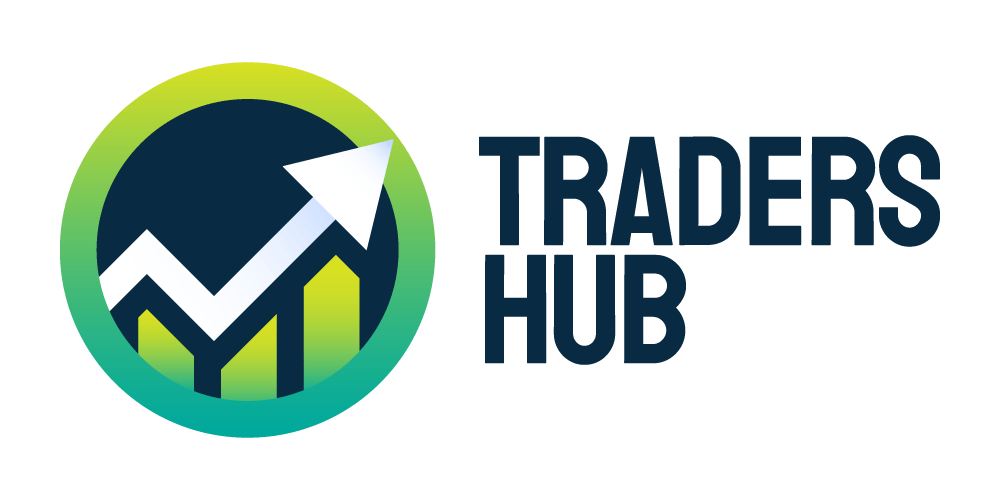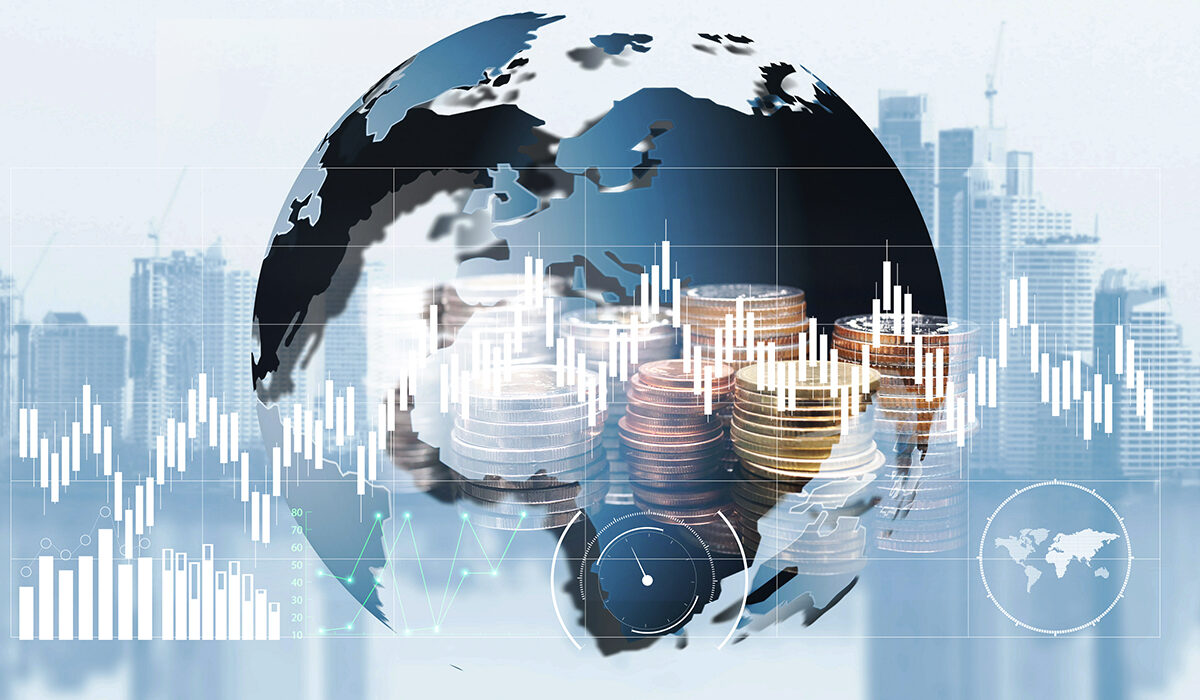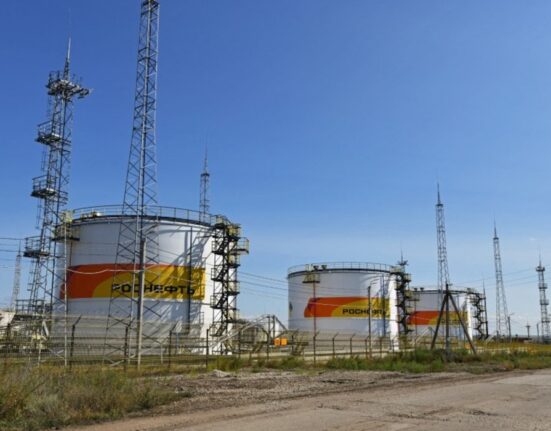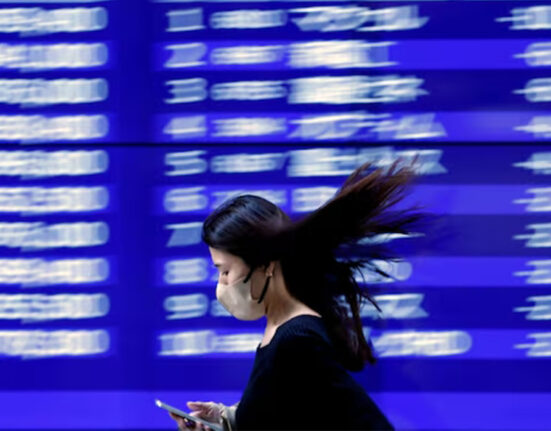Over the past few decades, international trade has increased dramatically, transforming the world into a genuinely global economy. Currency exchange is required as a result, and this is where the Foreign Exchange Market, sometimes known as Forex, comes into action. By offering a market where currencies may be purchased and sold, forex plays a significant role in facilitating cross-border commercial transactions.
Businesses from all over the world can transact in different time zones without worrying about market closure because forex is open 24 hours a day. It is the largest and most liquid financial market in the world, transacting more over $6 trillion every day as of 2021, making it a crucial component of global trade.
Facilitating Cross-Border Trade
By allowing companies to buy and sell products or services on foreign marketplaces, forex facilitates international trade. For instance, a U.S. business that wants to buy items from Japan would have to exchange dollars for yen in order to pay its Japanese suppliers. Normally, this transaction would take place on the forex market. By providing a platform where businesses from different countries can exchange their home currencies for those of their trading partners, forex promotes cross-border trade.
Mitigating Currency Risk
Exchange rate volatility is a constant risk for business transactions that span international borders. If the currency rate changes negatively between the time a trade is completed and when payment is received, this could result in unanticipated losses. Through the use of instruments like forward contracts and futures contracts, businesses can protect themselves against possible losses brought on by currency fluctuations. Businesses can reduce the risk of currency volatility by securing a predetermined exchange rate for upcoming transactions.
Fostering Investment
The foreign direct investment (FDI) market is also essential. Multinational firms frequently need to change their home currency into the local currency when making investments or starting up operations abroad. In the forex market, these massive transactions frequently take place. Forex aids in the growth and development of the world economy by facilitating these investments.
In conclusion, there are many different aspects to the role that forex plays in global economic operations. It facilitates international trade, reduces currency risk, sets exchange rates, encourages investment, and promotes economic stability. Understanding the Forex market and its consequences for international trade will become increasingly crucial as global business continues to grow.












